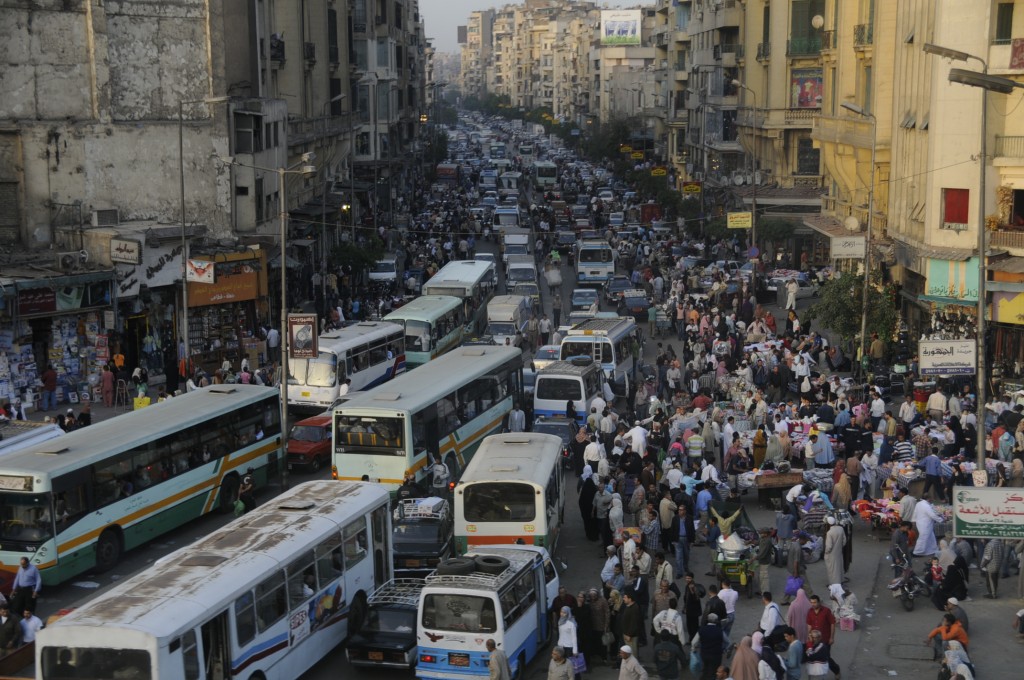The World Bank announced the approval of a USD 400 million (EGP 7 billion) development financing agreement for the construction of a railway bypass in the Alexandria-6thOctober-Greater Cairo Area railway corridor.
In a statement published on Monday, October 3, the World Bank announced that the project will reduce greenhouse gas emissions by 965,000 tons over 30 years. It also aims to strengthen the railway network in Egypt and provide freight trains between the Alexandria Sea Port and the newly constructed 6 October Dry Port with an alternative route to the west of Greater Cairo.
The 6 October Dry Port is the first inland dry port in Egypt and serves as an extended gateway for the deep-sea ports located in the northern and eastern regions of Egypt. It aims to provide efficient customs inspections and clearance procedures, and reduce congestion in the seaports.
The operational bypass will also allow for increased freight capacity, with 15 container trains per day by 2030, and as demand increases, 50 trains by 2060 to the dry port, along with additional freight trains between Alexandria, Upper Egypt, and the Red Sea.
The project will also create Egypt’s Infrastructure Access Charging regime to allow private investors to operate their trains on the tracks of the Egypt National Railways Authority for a fee in return of increasing the authority’s finances and thereby, improve the railway sector’s performance.
Cairo’s roads are always filled with cars, trucks, and buses during nearly every hour of the day. This has led to Egypt’s transportation sector becoming the second largest contributor to pollution, responsible for 19 percent of carbon emissions.
According to a newly published report by the World Bank, Air pollution reportedly results in 270,000 deaths a year — more than traffic accidents, diabetes, and other common causes for death combined — and the average MENA resident falls ill for at least 60 days in their lifetime due to air pollutant exposure.
The report also reveals that the annual economic cost of air pollution in the MENA region is also devastating, at an estimated USD 141 billion.
This year, Egypt submitted a report on its updated Nationally Determined Contributions (NDCs) document to the secretariat of the UN Framework Convention on Climate Change (UNFCCC). It highlights its goal to reduce 70 million tons of carbon dioxide emissions by 2030, which represents a 33 percent reduction in emissions level.
Egypt will be hosting this year’s 2022 United Nations Climate Conference (COP27), which will take place in Sharm El-Sheikh from 6 November until 18 November. This will be the first time for COP to be hosted by an African country, as while Africa has contributed only about two to three percent of global emissions, it stands out disproportionately affected by climate change.







Comments (0)